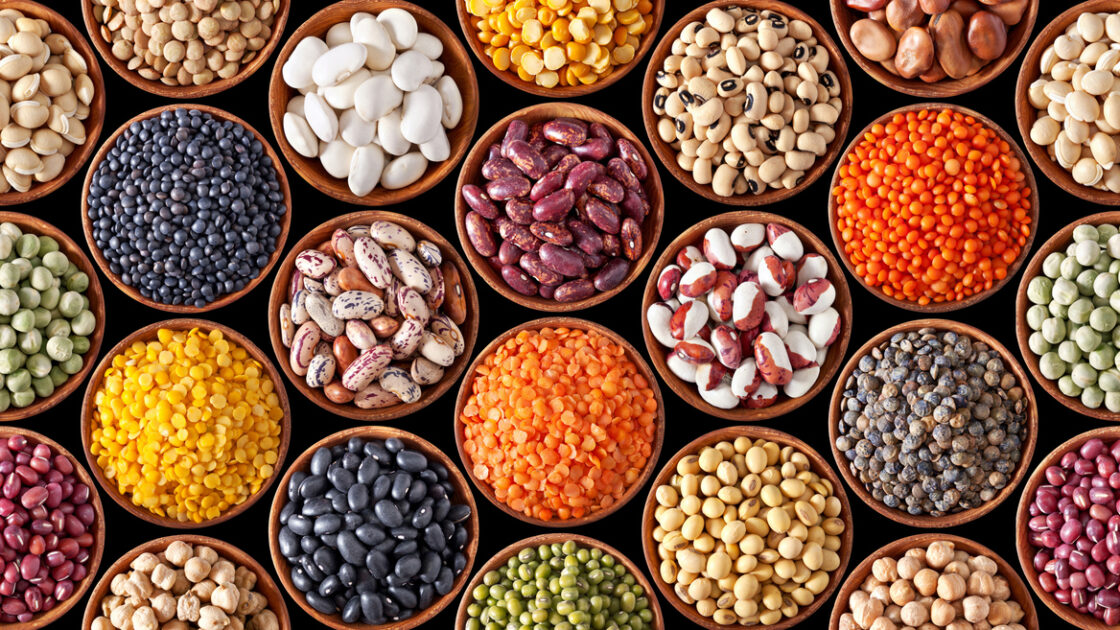Swapping Beans for Beef Could Hit 50% of GHG Reduction Targets by 2020

Humble and versatile, the protein and fiber rich bean may have some pretty significant implications for the planet, according to recent research out of Loma Linda University.
According to the study’s findings, simply choosing to eat beans in place of beef could help the U.S. reach more than half of its global greenhouse gas reduction targets by as soon as 2020.
That’s an enormous contribution to reducing greenhouse gas emissions. Beef is the most emissions-intensive food currently produced, while beans produce one-fortieth the emissions of the livestock industry.
Even though beef sales have been sliding in recent years as consumers opt for other animal protein or plant-based proteins instead, the impact is still significant. According to a 2006 United Nation’s report, livestock production is responsible for 18 percent of greenhouse gas emissions. But Worldwatch Institute says the number may be as high as a whopping 51 percent, more than 32 billion tons of greenhouse gases.
The Loma Linda study also found that in addition to the reduction in greenhouse gas emissions, replacing beef with beans would also have a significant impact on land use. Currently, 42 percent of the nation’s cropland is used for beef production – land that could produce more food per acre than beef.
“Given the scale of greenhouse gas reductions needed to avoid the worst impacts of climate change, are we prepared to eat beef analogs that look and taste like beef, but have a much lower climate impact?” lead study author Helen Harwatt told Loma Linda University Health News. “It looks like we’ll need to do this. The scale of the reductions in greenhouse gas emissions needed doesn’t allow us the luxury of ‘business as usual’ eating patterns.”
With the U.S. recently pulling out of the Paris Agreement on climate change, making a dietary shift is one of the easiest and most impactful ways Americans can help reduce greenhouse gas emissions, regardless of what the current administration is doing.
“Given the novelty,” says Harwatt, “we would expect that the study will be useful in demonstrating just how much of an impact changes in food production can make and increase the utility of such options in climate-change policy.”
Find Jill on Twitter and Instagram
Related on Organic Authority
Ruby Rose Wants You to Go Vegan to Fight Climate Change (and Trump)
American Beef Consumption Drops Nearly 20 Percent, NRDC Report Shows
Is Grass-Fed Beef Disappearing for Good?

